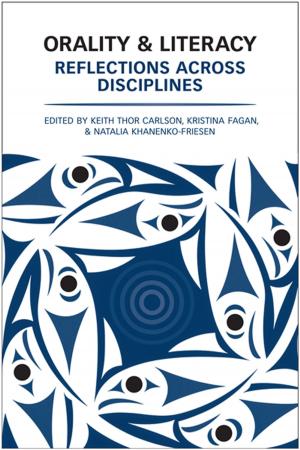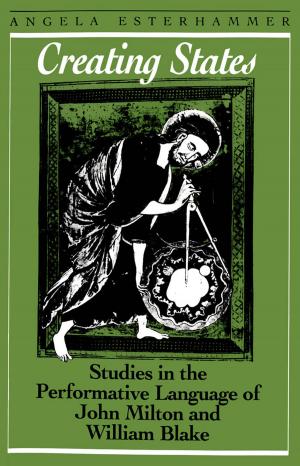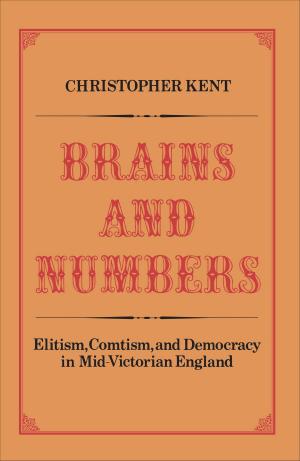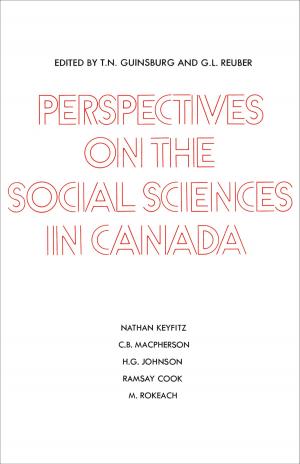On University Freedom in the Canadian Context
Nonfiction, Reference & Language, Education & Teaching, Higher Education, Administration| Author: | Kenneth Hare | ISBN: | 9781487589721 |
| Publisher: | University of Toronto Press, Scholarly Publishing Division | Publication: | December 15, 1968 |
| Imprint: | Language: | English |
| Author: | Kenneth Hare |
| ISBN: | 9781487589721 |
| Publisher: | University of Toronto Press, Scholarly Publishing Division |
| Publication: | December 15, 1968 |
| Imprint: | |
| Language: | English |
The universities of Canada are now expanding rapidly and becoming very costly to run and equip. Increasingly the bill is borne by the public exchequers, federal and provincial. What then should be the proper relationship between government and universities if university freedom is to be preserved? This book, based on the Plaunt Lectures given at Carleton University in 1967, discusses the various aspects of the question.
The author for example, discusses the British solution of a buffer committee between government and university, and the American concept of a lay board of regents which has jurisdiction over the university system in the name of the people. He suggests that the best device is for the universities themselves to form a strong cooperative body and for the state to arm this body with statutory instruments. Most provinces now have a Provincial Advisory Committee and the author proposes that the staff needed to assess and scrutinize budgets for university funds equitably should be under the control of this committee rather than the provincial Ministers.
As a collateral to the question of university freedom Dr. Hare also asks "whose freedom is it?" and in answering this he takes up the question of the unrest on campuses today among the students, and the trend toward more student participation in university administration. He supports the recent action taken by many Canadian universities of allowing student membership in their Senate.
At a time when the problem of university freedom and control is one of the most controversial in the academic world, this study will be of interest to all members of that community, and to anyone in federal and provincial politics.
The universities of Canada are now expanding rapidly and becoming very costly to run and equip. Increasingly the bill is borne by the public exchequers, federal and provincial. What then should be the proper relationship between government and universities if university freedom is to be preserved? This book, based on the Plaunt Lectures given at Carleton University in 1967, discusses the various aspects of the question.
The author for example, discusses the British solution of a buffer committee between government and university, and the American concept of a lay board of regents which has jurisdiction over the university system in the name of the people. He suggests that the best device is for the universities themselves to form a strong cooperative body and for the state to arm this body with statutory instruments. Most provinces now have a Provincial Advisory Committee and the author proposes that the staff needed to assess and scrutinize budgets for university funds equitably should be under the control of this committee rather than the provincial Ministers.
As a collateral to the question of university freedom Dr. Hare also asks "whose freedom is it?" and in answering this he takes up the question of the unrest on campuses today among the students, and the trend toward more student participation in university administration. He supports the recent action taken by many Canadian universities of allowing student membership in their Senate.
At a time when the problem of university freedom and control is one of the most controversial in the academic world, this study will be of interest to all members of that community, and to anyone in federal and provincial politics.















